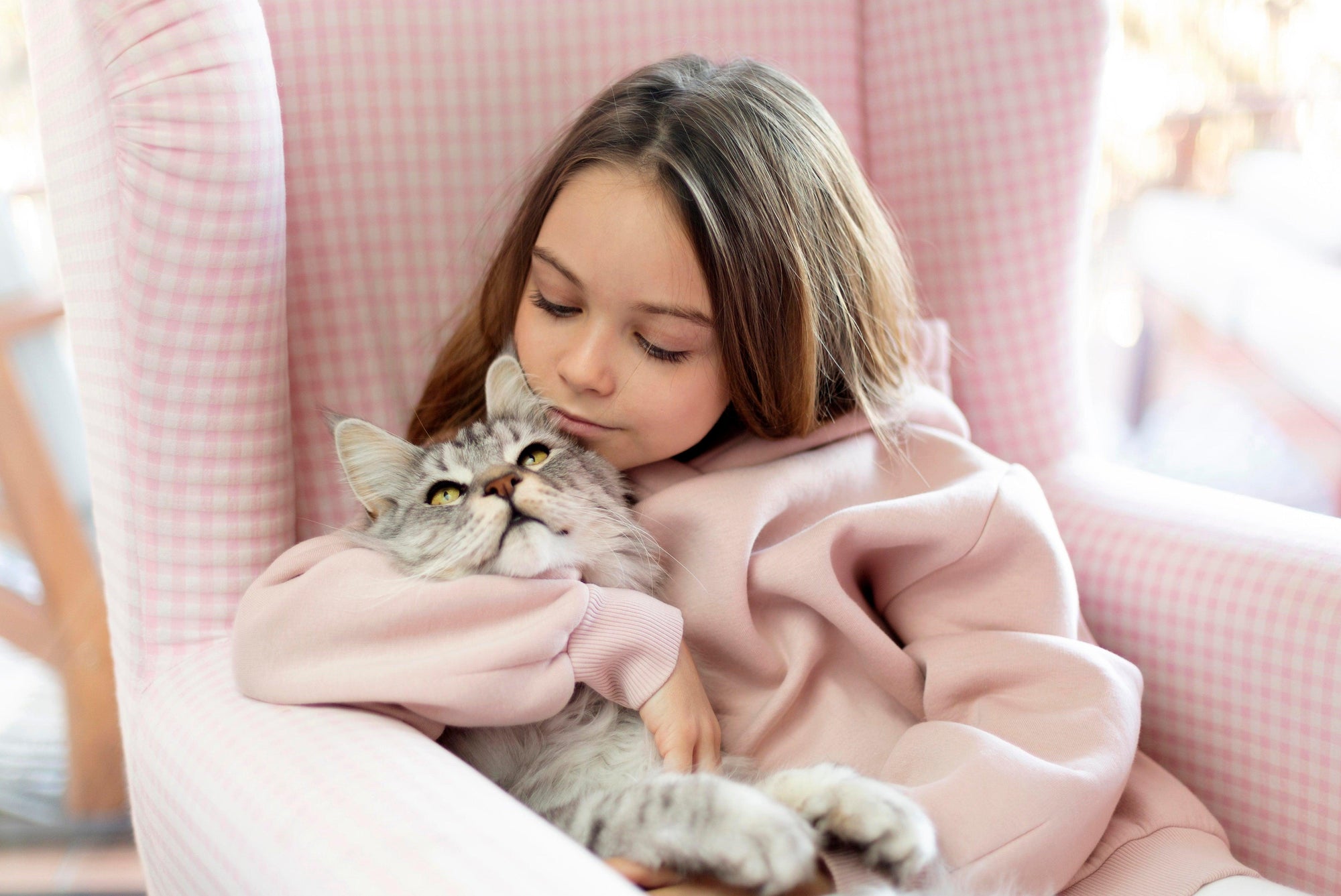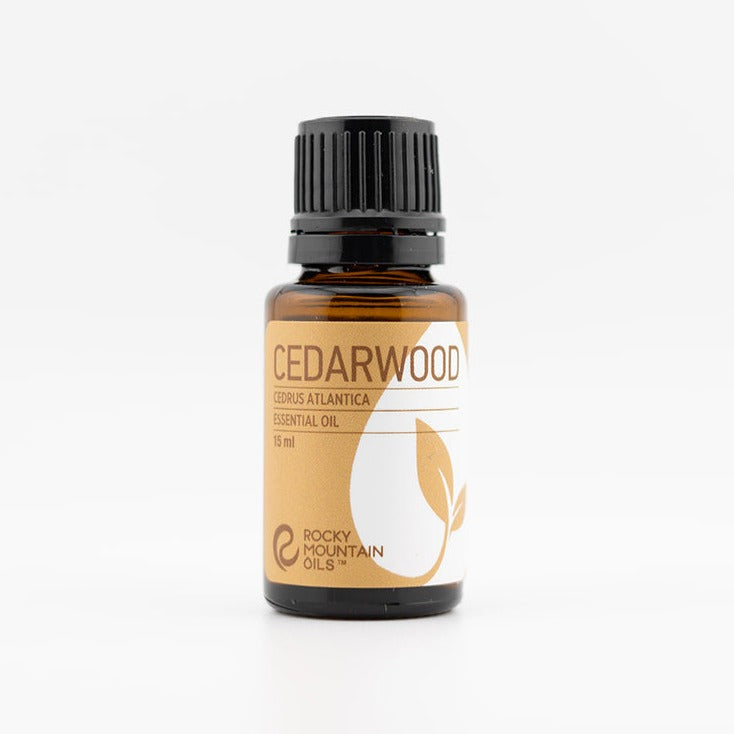Essential Oils Safe for Cats: Are They Truly Harmless?
In a world where natural remedies are increasingly popular, pet parents are often left wondering about the safety of essential oils for their feline companions. Essential oils, concentrated plant extracts that carry the essence of their source, are known for their therapeutic properties in humans. But when it comes to our furry friends, especially cats, the question arises: Are essential oils safe?
Essential Oils: What Are They?
Essential oils are concentrated plant extracts that retain the natural smell and flavor, or "essence," of their source. These aromatic compounds are extracted from various parts of plants, including flowers, leaves, bark, roots, seeds, and peels, through processes such as distillation (using water or steam) or mechanical methods, like cold pressing. Essential oils are widely used for their aromatic qualities, but they also boast several therapeutic properties, making them popular in aromatherapy, traditional medicine, and personal care products.
Essential oils can be used in various ways, including diffusing into the air, applying to the skin when diluted in a carrier oil or added to bathwater. However, it's crucial to use them safely, as their concentrated nature can cause irritation or adverse reactions in some individuals, especially when misused or in excessive amounts.

Jump here for the list of Essential Oils Toxic to Cats
The Science Behind Essential Oils and Cats
Cats lack certain liver enzymes, specifically glucuronyl transferase and cytochrome P450, which are crucial for metabolizing and eliminating various substances from their bodies. Consequently, they are less efficient at processing and eliminating certain compounds found in essential oils, such as phenols and terpenes. This deficiency can lead to the accumulation of toxic substances in their bodies, causing adverse effects ranging from mild symptoms like vomiting and diarrhea to more severe conditions such as liver damage or neurological issues.
Are Any Essential Oils Safe for Cats?
Cats have a unique metabolism that makes them more sensitive to many substances, including essential oils. Their liver lacks certain enzymes, which makes it difficult for them to metabolize and eliminate certain compounds found in essential oils. Therefore, caution must be exercised when using essential oils around cats. Some essential oils are toxic to cats and can lead to symptoms ranging from mild (such as drooling and vomiting) to severe (such as tremors, difficulty in breathing, and even liver failure).
However, there are a few essential oils that are generally considered safer for cats when used minimally and with caution, such as:
- Cedarwood: Known for its repelling effect on pests without being toxic to cats.
- Lemongrass: Though it should be used sparingly and never directly applied to the cat's skin.
- Rosemary: Can be diffused in low concentrations for short periods.
It is imperative to consult with a veterinarian before using any essential oils around cats, even those deemed safer. Always ensure that:
- The essential oil is 100% pure and of high quality.
- It is used in a well-ventilated area where the cat can leave if it becomes uncomfortable.
- Essential oils are kept out of reach to prevent ingestion.
Never apply essential oils directly to your cat's skin or allow them to ingest the oils. When in doubt, opt for pet-specific products that are designed to be safe for cats.
Read Diffusing Essential Oils Around Your Pets and watch the exclusive webinar with Holistic Veterinarian Dr. Katie Woodley, The Natural Pet Doctor.
Essential Oils Toxic to Cats
Similar to various houseplants that pose dangers to cats, essential oils can be hazardous, even in minimal quantities, particularly when they're concentrated. The Canadian Veterinary Medicine Association (CVMA) highlights that certain essential oils are particularly toxic to felines:
- Bergamot: Known for its citrusy scent, bergamot oil can lead to severe skin sensitivity and toxicity if ingested by cats.
- Cinnamon: While aromatic to humans, cinnamon oil can cause liver damage and act as an irritant to cats' skin and mucous membranes.
- Clove: This potent essential oil can cause gastrointestinal upset and liver toxicity in cats.
- Eucalyptus: Inhalation or ingestion of eucalyptus oil can result in salivation, vomiting, and diarrhea in cats.
- European Pennyroyal: Extremely toxic to cats, it can cause liver failure and even death when ingested.
- Geranium: Its pleasant floral scent hides the risk of causing skin irritation and nervous system depression in cats.
- Lavender: Though calming for humans, lavender oil can lead to nausea, vomiting, and dermatitis in felines.
- Citrus Oils (Lemon, Lime, Orange): These oils can irritate cats' skin and stomach, leading to drooling, vomiting, and photosensitivity.
- Rose: Beautiful but harmful, rose oil can lead to gastrointestinal upset and potential toxicity in cats.
- Sandalwood: While soothing for humans, it can be toxic if ingested by cats, causing gastrointestinal upset.
- Tea Tree: Highly toxic; tea tree oil can lead to weakness, muscle tremors, and liver damage in cats.
- Thyme: Its oil can irritate cats' mucous membranes and skin, leading to drooling and vomiting.
- Mint Family (Wintergreen, Peppermint, Spearmint, Mint): These oils can cause liver failure, vomiting, and diarrhea in cats.
- Ylang-Ylang: Its sweet, floral scent can result in breathing problems and vomiting when ingested by cats.
In addition to the essential oils that you buy individually, they often appear in other household products such as paint thinner (turpentine is an essential oil) and insect repellent, which has a high risk of fatal reactions for cats, noted the CVMA.

Symptoms of Essential Oil Poisoning in Cats
Recognizing the signs of essential oil poisoning is crucial for cat owners as it can help prevent serious health issues. Symptoms include difficulty breathing, drooling, vomiting, tremors, and lethargy, indicating that the cat may have been exposed to toxic oils. Immediate veterinary attention is necessary if these signs are observed, as prompt treatment can significantly improve the cat's prognosis.
Precautions When Using Essential Oils Around Cats
When using essential oils around pets, it's crucial to dilute them properly to reduce the concentration of potent compounds that could be harmful. Safe methods of application include diffusing oils in well-ventilated areas and using them topically only if deemed safe by a veterinarian. Additionally, allowing cats the choice to leave the vicinity where oils are being diffused ensures they can avoid exposure if they find the scent overwhelming or irritating.
Expert Opinions on Essential Oils and Feline Health
Veterinary insights and perspectives from holistic care practitioners provide a nuanced understanding of the use of essential oils around cats, emphasizing caution and informed decision-making. Professionals advise that while some essential oils can offer benefits for feline’s health and well-being when used appropriately and in diluted forms, others can pose significant risks and toxicity to cats. Cat owners must consult with qualified veterinarians or holistic practitioners knowledgeable about essential oils before introducing them to their feline companions, ensuring the safety and welfare of their pets.
Is it OK to diffuse essential oils around cats?
Diffusing essential oils around cats can pose risks due to their inability to metabolize certain compounds found in these oils. Cats lack specific liver enzymes required to process substances like phenols and terpenes, which are commonly found in essential oils. As a result, inhaling or being exposed to these oils through diffusion can lead to adverse effects such as respiratory distress, vomiting, or neurological issues in cats. Therefore, it's generally recommended to avoid diffusing essential oils around cats to ensure their safety and well-being.

What essential oils can cats not be near?
Cats should not be near essential oils containing phenols (such as phenol, thymol, and carvacrol) or terpenes (such as limonene, pinene, and camphor), as these compounds are toxic to them due to their inefficient metabolism and elimination processes. Examples of essential oils that are particularly harmful to cats include tea tree oil, citrus oils, pine oil, peppermint oil, and eucalyptus oil. Even indirect exposure, such as inhaling diffused oils or grooming a surface where oils have been applied, can pose risks to cats' health, potentially leading to symptoms ranging from mild irritation to severe toxicity.
What happens if my cat smells peppermint oil?
If your cat smells peppermint oil, it can potentially lead to adverse reactions due to the presence of phenols and terpenes in the oil, which cats are less efficient at metabolizing and eliminating. This can result in symptoms such as vomiting, diarrhea, lethargy, difficulty breathing, or even liver damage or neurological issues if the exposure is significant. It's crucial to keep all essential oils, including peppermint oil, out of reach of cats and to seek veterinary attention immediately if your cat shows any signs of distress after exposure.
FAQs About Essential Oils and Cats
What are the symptoms of essential oil poisoning in cats?
Symptoms include drooling, vomiting, tremors, and difficulty breathing. Immediate veterinary attention is required if these signs are observed.
Can diffusing essential oils be harmful to cats?
Yes, diffusing essential oils can be harmful as cats have sensitive respiratory systems and may inhale toxic particles.
Are there any safe essential oils for cats?
A few essential oils like lavender and frankincense can be considered safer if used sparingly and appropriately diluted, but always consult with a vet first.
How can I use essential oils safely around my cat?
Use essential oils in a well-ventilated area, dilute them significantly, and ensure your cat can leave the area if they wish.
What alternatives exist for natural cat care without essential oils?
Alternatives include herbal remedies, cat-safe plants, and synthetic pheromones designed for feline well-being.
Is it necessary to consult a vet before using essential oils around cats?
Yes, consulting with a vet is crucial before using essential oils around cats to ensure their safety and health.
Conclusion
Concluding the article, this section summarizes the key points discussed, offering final recommendations for pet owners considering the use of essential oils around their cats. It emphasizes the importance of safety, informed decision-making, and consulting with a veterinarian.




